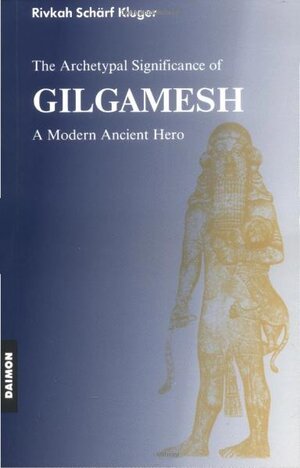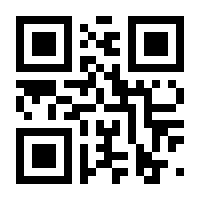
×
![Buchcover ISBN 9783856309794]()
The Archetypal Significance of Gilgamesh
A Modern Ancient Hero
von Rivkah Schärf-Kluger, Vorwort von Carl A MeierIt was at the instigation of C. G. Jung that Dr. Kluger undertook the interpretation of the Gilgamesh Epic, the oldest known epic-myth. A classic in world literature, it originated in the Sumero-Babylonian culture, a vital root of modern Western civilization. Rich in poetic imagery and archetypal content, it has not lost its meaning for modern man. In this book, based primarily on her seminars at the Zurich Jung Institute, Dr. Kluger deals with the psychological significance of the hero-king's fateful adventures, from his building of the city walls to his travel to the „Babylonian Noah“ in search of immortality, for which her expertise in the fields of comparative religion and Jungian psychology uniquely fit her. In her vivid yet scholarly presentation, she brings alive the implications of the fascinating episodes of this myth both on a personal and on a collective level; the changes of individual consciousness, and its reactions to unconscious (archetypal) contents, the evolving process of individuation, and the development of religion. Using modern dreams and examples from analytic practice, she shows the relevance of this ancient myth for today's world and its concerns, from sexuality and homosexuality, the role of the feminine and the still living goddess Ishtar, to the current spiritual search of contemporary mankind. Rivkah Schärf Kluger, born in 1907 in Bern, but living in Zurich from the age of two, received her doctoral degree in Semitic Languages and Religious History from the University of Zurich. Analyzed by Jung, she became his student and collaborator, and taught at the C. G. Jung Institute in Zurich on psychology and religion. As a Jungian analyst and scholar, she lectured widely in Europe and America. After her marriage to Yehezkel Kluger in 1955, she practiced and also taught at various Jungian training centers, first in Los Angeles, until 1969, and then in Haifa, Israel, where she lived until her death in 1987. Her two previous books were „Satan in the Old Testament“ and „Psyche and Bible.“



